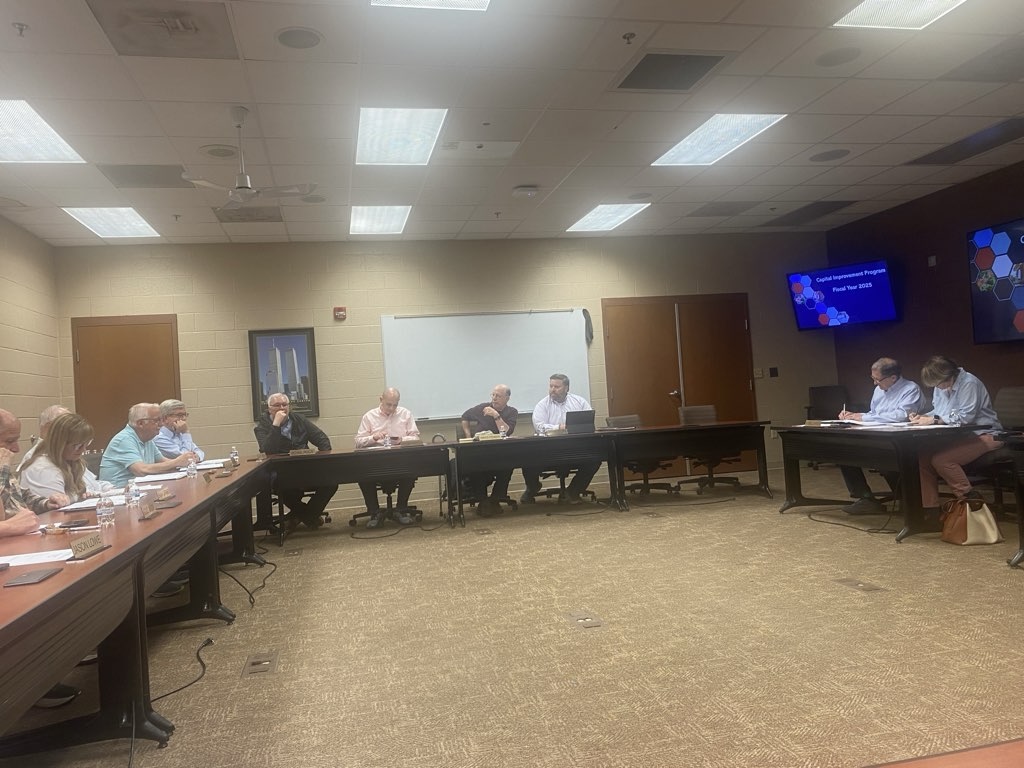No matter your age, it’s a healthy and positive practice to consider what happens to the people around you, as well as yourself, after you pass. After all, you have a say over your final wishes and can take steps at any point in your life to make that complicated process easier for your loved ones.
Along with writing a will and death plan, you can cover some expenses for your funeral. In fact, some people choose to pay for their entire funeral while they’re still living. If you’re considering going this route, here are some questions to ask yourself before prepaying for your funeral.
Will the Services I’m Paying for Be Available Later?
One significant advantage of prepaying for a funeral is knowing that people you trust will be handling your funeral. You have the option to prepay for things like services, a coffin, and even your gravesite.
However, it’s important to talk to your funeral directors about potential issues with your selected plan. Could supply shortages of any kind impact your plan? Can the funeral home guarantee your service location is available at any time? Do they have backup options? While no one can predict the future, it’s also crucial to know that the funeral home you work with has as many answers as possible.
Is There a Chance I’ll Move Away Before Passing?
Prepaid arrangements lock in costs for services now, a factor that’s increasingly important as costs of living rise in cities around the country. However, it’s important to ask yourself if there’s any chance you might move before passing. Moving shouldn’t entirely rule out the idea of prepaying. However, if that is the case, you only want a revokable or transferrable contract that can move between funeral homes. You can also cash out specific contracts, making it easier to move your plans out of state.
Is It Better for my Family if I Prepay or if I Preplan?
Keep in mind that if you don’t communicate your plans well, there’s a chance your family will choose another funeral home entirely. They may also want additional services that your initial payment didn’t cover. While prepaying lifts some burden, it isn’t always a flexible option.
On the other hand, preplanning involves documenting your wishes and perhaps covering only portions of the costs now for things that won’t change in the future. Headstones are an excellent example of preplanning expenses that you can buy now without much worry regarding the future.
Preplanning otherwise involves putting money away according to approximate costs and keeping an account as payable on death (POD) or in a separate irrevocable trust.
Asking yourself these questions before prepaying for your funeral ensures that your wishes are met the way you intended. While there is only good intention in paying for a funeral early, it’s important to work with your advisors and your loved ones to determine what option suits your unique situation and your family’s needs the best.






